As families retreat for summer adventures wildfire safety remains a top priority. The Camping and RVing BC Coalition is encouraging the public to be aware of fire safety and “Know before you go.”
In 2018, 2,117 wildfires consumed 1,354,284 hectares of land in British Columbia according to the Government of B.C. wildfire summary.
Here are some wildfire prevention and safety tips to consider when going camping.
Check Wildfire Conditions and Campfire Bans
The three fire categories affected by restrictions include open fires, campfires, and forest use.
To check on fire bans visit current restrictions and bans in effect as well as a map view.
For further information on road conditions especially during peak wildfire season visit DriveBC
Track Wildfire Smoke Air Quality
Track Wildfire Smoke Air Quality
The B.C government issues public advisories called Smoky Skies which share which areas are being affected by wildfire smoke or have reasonable potential to be impacted. To check these advisories click here.
For those traveling you can also view the Air Quality Health Index (AQHI), which provides air quality readings and health warnings from across the province.
Do your part
Up to 40% of wildfires are human caused according to the Camping and RVing British Columbia Coalition.
- Only start the campfire in the supplied fire pit. Never move a fire pit from its original placement.
- Have eight liters of water near in case of emergency
- Carefully extinguish your campfire before sleeping or leaving the campsite by dousing it with water and stirring until the ashes are completely cold.
- Never throw cigarettes, smoking materials or matches from moving vehicles or on park/forest grounds. It is recommended to carry a pocket ashtray to dispose of cigarettes.
- Never leave food items cooking unattended, whether outside or inside your camper.
How to prepare before an incident occurs
- After arriving at your campsite insure the nearest evacuation route and map out the escape procedure.
- Have a ‘to go bag’ ready comprised of a checklist of important emergency supplies in case of tent or RV evacuation.
- If you are in an area being evacuated do not wait, follow the instructions given and leave.
RV Safety
- Vehicles can be fire risk factors. Service your camping vehicle annually.
- Install and maintain at least one smoke alarm in your RV near the sleeping area and test the RV alarms weekly.
- Practise your RV fire escape plan and prepare at least two ways out the RV- in front and the rear.
ATV Safety
All-Terrain Vehicles (ATV’s) are a popular off-road transportation.
- Ensure your ATV has a spark arrestor inside the muffler to trap any escaping sparks.
- Carry a fire extinguisher or a pail and shovel, to extinguish any potential fires
- Be careful around vegeation. The heat from ATV exhausts is a fire risk when idling near tall grass.
For more information visit the Camping and RVing BC Coalition
baneet.braich@bpdigital.ca
Like us on Facebook and follow us on Twitter

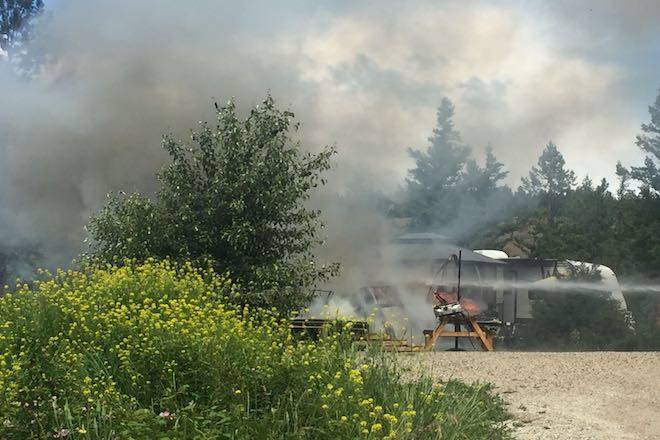
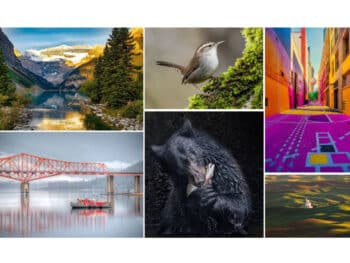
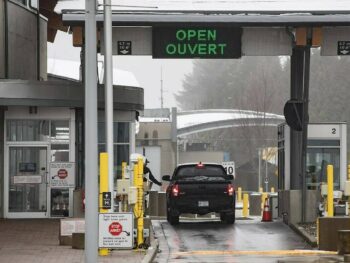





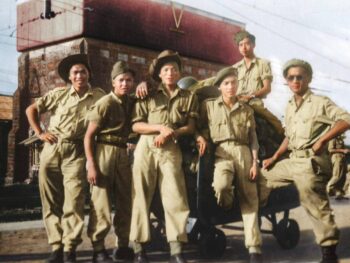
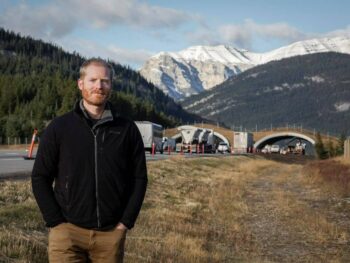
 Hidden Places in Nelson
Hidden Places in Nelson